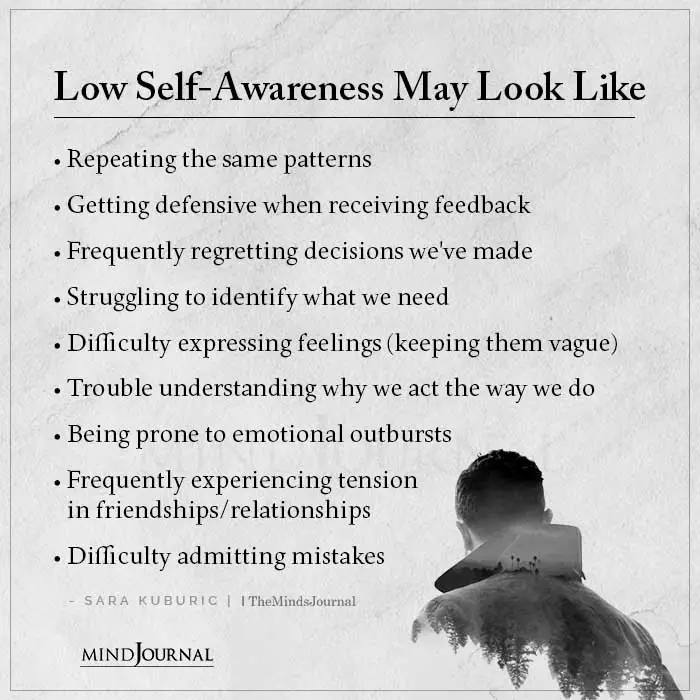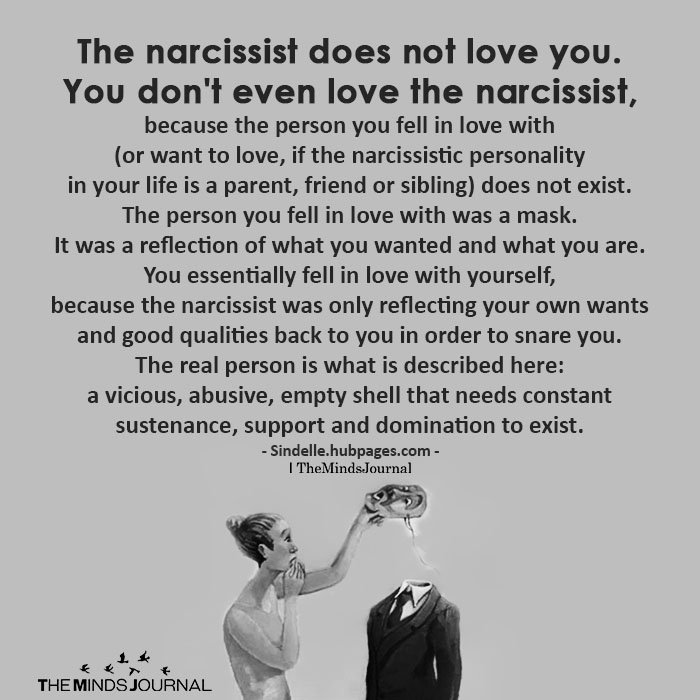Picture this: Entangled in a web of manipulation and control, you wonder if the narcissist in your life truly comprehends the havoc they wreak. It’s a perplexing puzzle we often find ourselves in: Are narcissists aware of their behavior?
Let us delve into the psyche of narcissism, seeking to unravel the enigma and shed light on this intriguing question – are narcissists aware of their narcissism?
Are narcissists aware of their behavior?
Are narcissists aware of their manipulation?
Are they aware of the pain and trauma they cause?
Are they aware of the lives they ruin?
These questions have often been asked in hushed tones as narcissism affects many aspects of one’s life. Most personality disorders develop during childhood due to a combination of genetic and environmental factors. Hence, the answer may be a bit complicated.
So “Are narcissists aware of their behavior?” Let’s examine this complex issue.
Narcissism is a personality disorder characterized by an excessive need for admiration, disregard for others’ feelings, and a lack of empathy.
Narcissists often display grandiosity, seek excessive admiration, have a strong sense of entitlement, and are often preoccupied with fantasies of power and success. On the outside, they may appear confident and even charming but inside, they typically have fragile self-esteem.

But the key question is “Are narcissists aware of their behavior?” Narcissists tend to have a distorted self-image and view of reality. Studies show that narcissists tend to lack insight into how they come across and the impact of their behavior on others.
They have an inflated sense of self and see themselves in a positive light, ignoring the problems their behavior may cause.
Related: What is Our True Nature? Are We Really Narcissists Only Out for Ourselves?
Are narcissists self aware?
Do self aware narcissists exist? Probably not! And here are some reasons narcissists may not be aware of their behavior:
1. Distorted thinking
Narcissists have distortions in how they perceive, interpret, and think about themselves and others. These distorted cognitions contribute to a lack of awareness.
2. Defensiveness
Narcissists tend to be highly defensive when criticized and refuse to acknowledge flaws. This blocks any insight they could gain into problematic behaviors.
3. Lack of empathy
Because of their self-focus and inability to take others’ perspectives, narcissists do not recognize how their behaviors impact others. They are unable to put themselves in “someone else’s shoes”.
4. Fragile self-esteem
Narcissists have an ego that depends on obtaining constant validation and praise. Admitting flaws threatens this fragile self-esteem. That is why there is no self aware narcissist.
So, are narcissists aware of their narcissism? Are narcissists self aware? Not really. However, there are exceptions.
Some high-functioning narcissists may have enough self-awareness to understand when they have been inconsiderate or manipulative. But even in these cases, true insight is rare.
The the self aware narcissist is a myth
You may keep asking “Are narcissists aware of their manipulation?”, but the reality is that most of them are not. Self aware narcissists don’t really exist.and even if they do, they are extremely scarce.
Narcissists tend to be extremely dismissive of criticism and see any feedback as a personal attack. They react with anger, defensiveness and counterarguments rather than self-reflection. This further limits their awareness of how their behaviors affect others.
Even if narcissists do feel a fleeting moment of insight, they quickly dismiss it to protect their fragile ego. True self-awareness requires a more sustained willingness to acknowledge flaws and behavioral patterns.
Gaining true insight into how narcissistic behaviors affect close relationships would require narcissists to acknowledge their internal flaws and deficiencies – something most are psychologically unable or unwilling to confront.
The fact is, a narcissist’s lack of awareness stems from biological, cognitive and emotional factors that keep them trapped in a highly distorted view of self and others.
Only with intensive, specialized and motivated treatment is there a chance narcissists can begin to recognize how their behaviors have hurt those close to them. But for most, true self-awareness remains elusive.
Related: 6 Tricks To Spot A Narcissist On Social Media

Can a narcissist become self aware?
Are narcissists aware of their behavior? If not, can they become self-aware?
For the vast majority, the answer appears to be no. Without extensive therapy and a real desire to change, narcissists remain blind to the effects of their behavior on others. They need others to continually validate their sense of superiority and importance.
The only way for narcissists to truly gain insight is through specialized therapy that addresses their problematic thinking patterns and strategies for improving emotional intelligence and empathy.
Therapy can teach awareness techniques and give narcissists tools to change behaviors, but only if narcissists want to change. Otherwise, they tend to continue operating in blissful ignorance of how their behaviors actually impact others.
How can we help narcissists become more self-aware?
Even though the self aware narcissist may be a myth, there are a few ways we can potentially help narcissists cultivate more self-awareness, such as –
1. Provide feedback in a constructive and non-judgmental way
Don’t just criticize; explain how the narcissist’s behavior made you feel and suggest alternatives. Try to keep emotions calm so the narcissist is more receptive.
2. Set clear boundaries to establish that certain behaviors are unacceptable
Consequences can help motivate the narcissist to change, though this may require patience and persistence.
3. Encourage the narcissist to actively seek others’ perspectives
Point out blind spots or assumptions and show how others may experience a situation differently. Gently challenge the narcissist’s distorted thinking.
4. Suggest the narcissist engage in self-reflection exercises to gain insight
Something as simple as journaling about behaviors, motivations and impact on others can start to cultivate more objective self-awareness over time.
5. Recommend intensive therapy with a specialist
A therapist can identify cognitive distortions, teach empathy, provide reality checks and give the narcissist tools for changing ingrained behaviors. But the narcissist must be willing to do the hard self-work.
Related: 4 Ways You Unintentionally Fall In Love With A Narcissist
6. Be a good role model
Show the narcissist what healthy self-awareness, emotional maturity and consideration for others looks like through your own words and actions. This may indirectly influence the narcissist over time.
7. Limit enabling behaviors that reinforce the narcissist’s lack of awareness
Withdraw attention when the narcissist acts inappropriately to create natural consequences that may eventually motivate change.
8. Have patience
Gaining true self-awareness does not happen overnight, especially for those with an ingrained personality disorder. Changes will likely be small and incremental, requiring persistence and consistency.
We can only help narcissists cultivate self-awareness if they are open to feedback and willing to do the inner work. Otherwise, there is little we can do beyond establishing clear boundaries for how we allow the narcissist to treat us.
But with consistent effort, feedback, modeling and specialized therapy, some degree of insight may begin to emerge over time.

Takeaway
To answer the question “Are narcissists aware of their behavior?”, we need to realize that narcissistic behavior often stems from lack of awareness.
Addressing distortions in thinking and deficient emotional skills through specialized therapy offers the best hope for narcissists to recognize the effects of their behaviors and how to create healthier relationships.
So while most narcissists are not aware of their behavior, with proper support and motivation, some degree of insight and change is possible.
Related: 6 Ways to Practice Self Curiosity and Become More Self Aware









Leave a Reply
You must be logged in to post a comment.